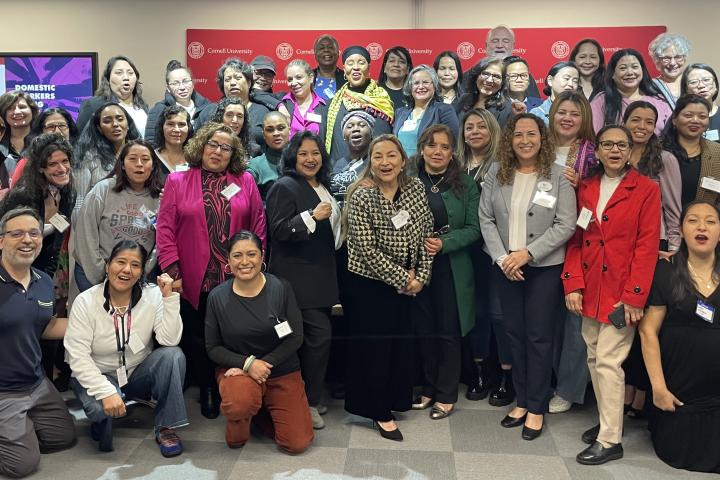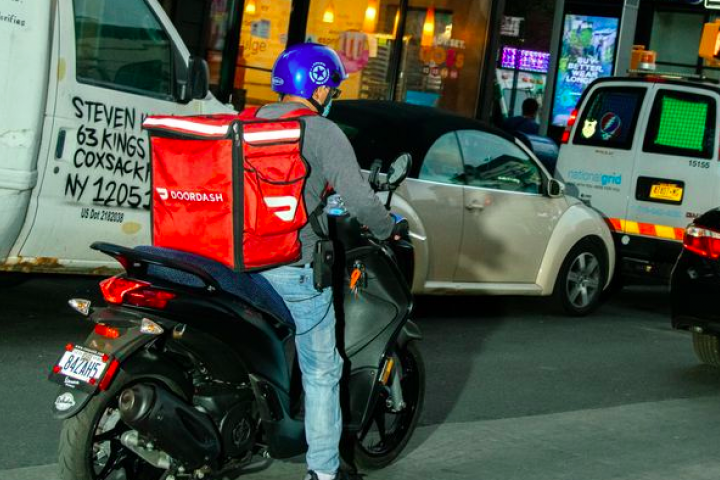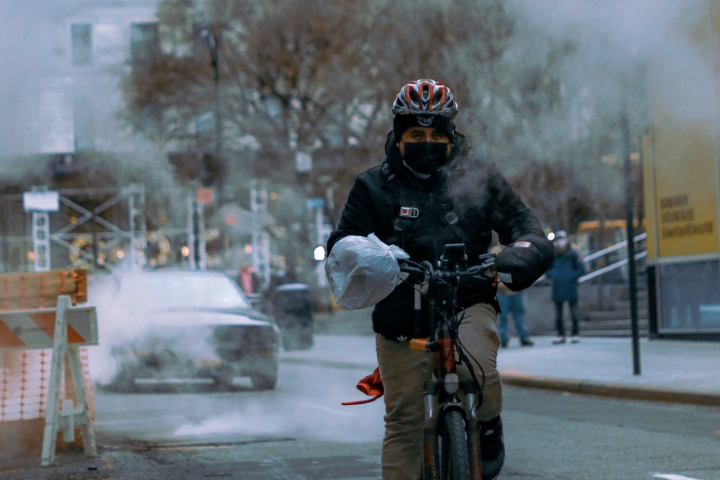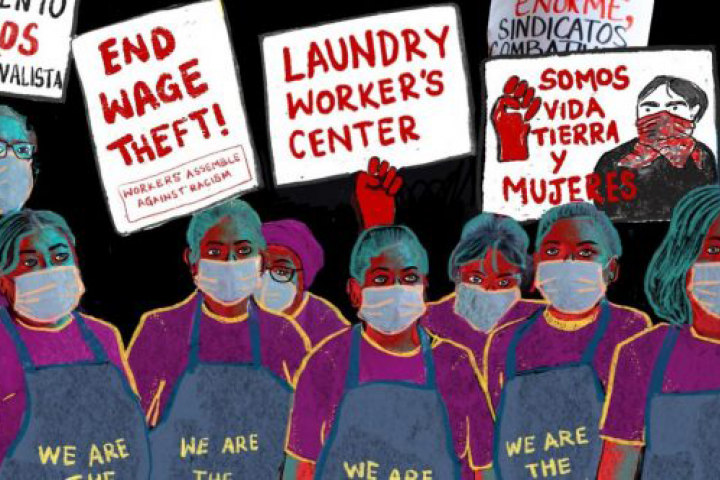Worker Institute Blog
The Worker Institute brings together researchers, educators and students with practitioners in labor, business and policymaking to address issues related to confronting systemic inequality and building a fair economy, robust democracy and just society. We will share opinion, analysis, research, data, insights and training from our faculty and staff.




























